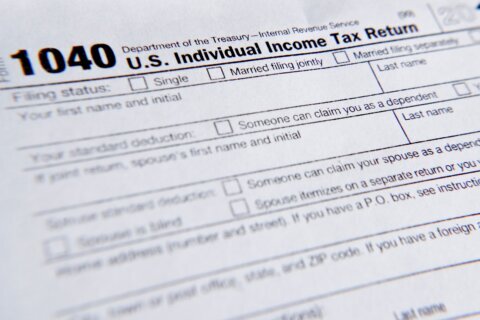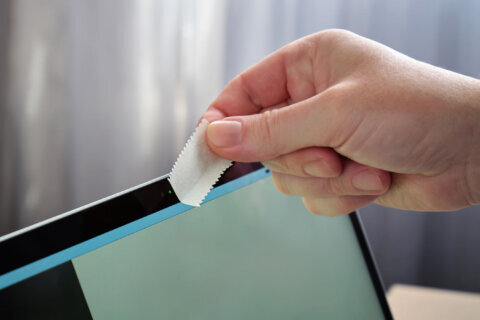Q: I just found out that my MacBook Pro’s hard drive can’t be upgraded because it’s soldered in! When did this change happen on Macs?
A: A couple of things everyone buying a new computer should always consider is both the upgradeability and reparability of the unit.
I recently wrote about this issue when it comes to all-in-one computers: 4 Reasons to Avoid All-In-One PCs.
When a hardware component fails, if you can’t cost-effectively replace that specific component, you’re faced with a repair bill that can be close to buying a new computer.
Upgrades save you money
No matter what you think you need today, it’s very likely you’ll need more in the future. The single most important device that you want to be able to upgrade is the hard drive, preferably with a solid state drive (SSD).
Not only can it increase the amount of storage you’ll have available, but it can also significantly improve the speed, especially on older units that have older hard drive technology.
Upgrading can generally extend the life of an older computer for years since most users spend most of their time on the internet.
Knowing what’s possible, or in your case, what’s not possible, before you make a purchasing decision is the best way to avoid a disheartening surprise down the road.
Apple’s game plan
If you’ve been an iPhone user for a while, you already know that if you want more storage, you have to buy a new device.
Locking the hardware down has proven to boost sales of new devices because there are no upgrade options and they slowly started moving toward this approach on MacBooks a few years back.
This means that the newer your MacBook is, the more likely it can’t be upgraded or easily repaired.
If you try to order a new MacBook from the Apple website, they specifically warn you: MacBook Pro memory is not user-accessible. If you think you may need more memory in the future, consider upgrading at the time of purchase.
Determine if your MacBook is upgradeable
Your exact model will determine whether you have any upgrade options, so start by determining what you have. To do this, click on the Apple icon in the upper left corner, then on “About This Mac.”
Make note of the model; ex: MacBook Pro (Retina, 15-inch, mid-2015) and the serial number. The serial number will help the repair shop or online parts reseller determine your exact options when the time comes.
MacBook Air: Most models from 2017 or older have hard drive upgrade options.
MacBook Pros: Both 13” and 15” models 2015 and older can be upgraded. Non-Retina MacBook Pro units up to late 2016 may also have an option, but most units from 2016 on are very limited on both upgrades and replacement options.
Refurbished options
I’m typically not a big fan of refurbished computers, but when it comes to MacBooks, I make an exception, as long as it’s been refurbished by an Apple Authorized service center.
Not only can you save money over a brand new unit, but you can specifically seek out models that you know are upgradeable down the road.






